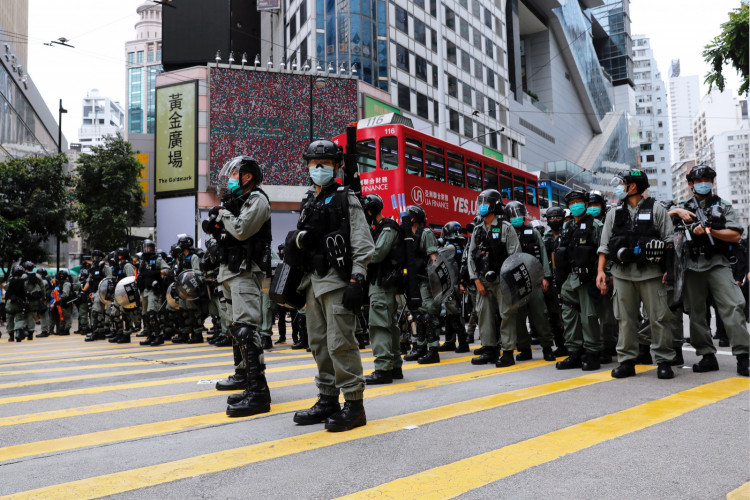Hong Kong's elite businessperson defends China's National Security Law. He claimed that the mandate was proper to prevent the reignition of mass protests in Hong Kong and address the future of the global business hubs.
Last Wednesday, Hong Kong billionaire Li Ka-Shing claimed that China's National Security Law was mandated under the nation's right to address recurring national security concerns in Hong Kong.
Li said that those who disagree with the mandate should not over-hypothesize the decision of China's Communist Party. He said that he remains hopeful that the newly established law would ease apprehensions suffered by Beijing's central government over Hong Kong. He also noted that people affected by the mandate should observe a positive outlook regarding the situation.
The Hong Kong billionaire is known as "Superman" in the Chinese business industry. Until 2018, he led the CK Hutchison conglomerate. His company representatives claimed that he was commended by local news outlets for his success in the field.
This Thursday, China's legislature approved the proposal to impose the National Security Law. Critics then claimed that the move would jeopardize political freedoms and civil liberties in Hong Kong.
Almost of the parliament members approved the proposal at the National People's Congress (NPC) this Thursday. The law would ban secession, subversion of state power, foreign intervention, terrorism, and give mainland China's state security agencies to operate in the city. Therefore, the legislation allows Beijing to broaden its power over Hong Kong.
Since the approval, the NPC's standing committee would draft the law within the expected two months. The implementation would be promulgated by the Hong Kong government that bypasses the city's lawmaking body through a constitutional mandate.
The said law was implemented as a response to anti-government protests in Hong Kong. The observance of which was told to call for greater democracy and more autonomy for mainland China.
According to China's Premier Li Keqiang, the law was designed to mediate the implementation of the 'one country, two systems' principle between China and Hong Kong. The formula was said to guarantee that Hong Kong would still exercise autonomy and freedoms and that the results thereof would be prosperity and stability.
Last year, the US promulgated the Hong Kong Human Rights and Democracy Act to support protestors in Hong Kong. The US government would then be compelled to annual verify with Congress that Hong Kong remains autonomous from mainland China. If the goal of the law were not met, Hong Kong would lose its special status with the US.





